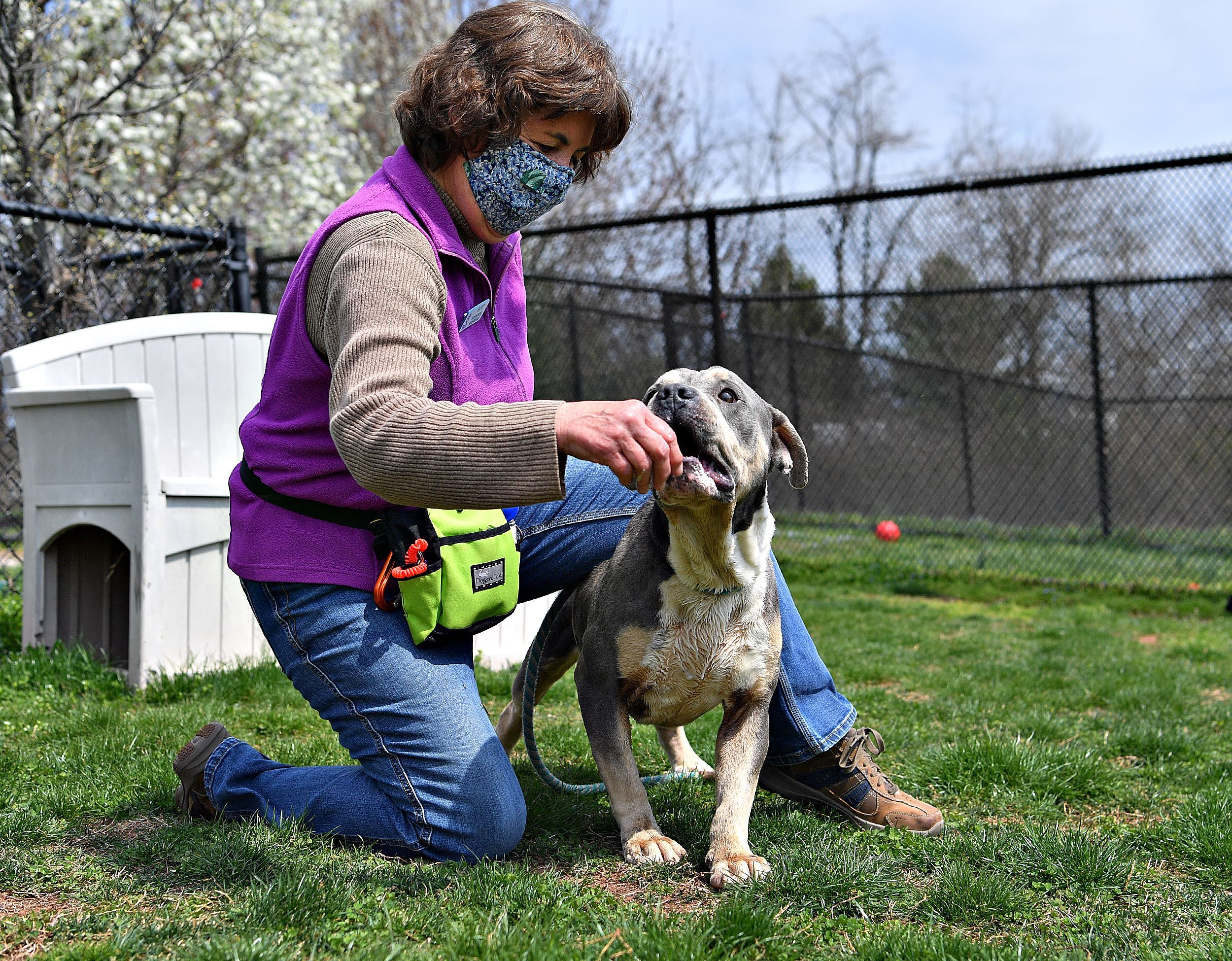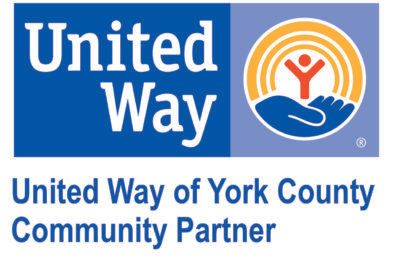
Whenever you bring a new dog into your home, whether a pup or an adult dog, they will need to learn what is expected as a member of your household. That means you need to decide what your expectations are from the very beginning. It is better to be proactive and teach a dog what they should do instead of waiting until they do something you do not like and then trying to correct it.
For instance, will your dog be allowed on furniture? If not, teach them how to remain on the floor at the outset. Do you plan to take your dog for walks? If so, teach them how to walk on a loose leash before venturing away from home. Is your dog comfortable with being touched (feet, ears, etc.)? If not, it is very important to begin that training soon after bringing your dog home. After all, your dog will need to be treated by a veterinarian, and perhaps a groomer, throughout their life. They will be much more comfortable if they first have good experiences being handled at home with their family.
One of the most important things dogs should learn is how to come when called. A dog who comes when called is safer and less likely to run away and get into trouble. Another important command is to sit and wait. A dog that sits and waits at the door is less likely to bolt out the door and potentially run into the street.
None of these behaviors will be learned overnight. Most take time, patience, and consistency from all members of the family whenever possible. Working regularly on these skills helps them remember what to do and builds a communication system between the two of you. Good communication can help to avoid problems because your dog knows what is expected. If a dog does not have structure or boundaries at home, they may become anxious, and that anxiety can lead to unwanted behaviors. By understanding their place in the family, your dog will feel more secure, happy, and confident. Many times, a trained dog is more social and less anxious in public settings. Training brains is a great workout both for their brain and body – a win-win for everyone!
You and your family will benefit from this training, too. If your dog is happy, relaxed and knows what is expected, they will listen to your instructions. Using rewards and play is a great way to bond and have fun with your dog. Training your dog to do tricks is often an enjoyable challenge for both the owner and the animal. And training isn’t just for puppies – adult dogs are never too old to learn, and they enjoy it. Learning is a lifelong skill, not only for people, but also for their dogs, and the bond that is created when you work together with your dog is priceless.
Deb Byloff and Cathy Hivner have been training dogs for two decades and have partnered with the York County SPCA for the last 16 years helping to teach our community to better understand their pups. Both work and train their own dogs at Papillonia Dog Training Academy.








